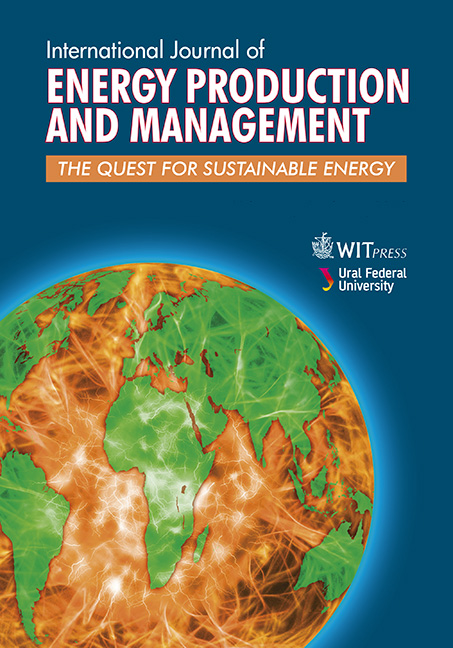The consultative drafting process for Chinese emissions trading regulation: effective inputs but uncertain output
Price
Free (open access)
Volume
Volume 6 (2021), Issue 4
Pages
8
Page Range
395 - 403
Paper DOI
10.2495/EQ-V6-N4-395-403
Copyright
WIT Press
Author(s)
Steven Geroe
Abstract
The interviews informing this paper provide a series of interlocking case studies of the ways in which specialist expertise in renewable energy institutions is integrated through the consultative drafting processes for Chinese emission trading schemes (ETS). This has been implemented through drafting groups, research collaboration, various types of meetings and conferences, industry feedback and online solicitation of opinions. Interviews in state-related research institutions, universities, regional ETS carbon exchanges and private sector consultancies indicated that this process can be a useful means of integrating regulatory measures that have proven effective. Not all interviewee recommendations are reflected in the February 2021 Trial Measures for the Chinese national ETS and related implement- ing rules. Examples of adoption of interviewees’ recommendations included detailed requirements for emissions monitoring plans, models for trading systems and registries, and specific methodologies such as default emissions values. The most important examples of non-adoption were stringent penalties for emissions and monitoring, reporting and verification (MRV) offences and supervisory powers of regulators relating to third-party inspection organisations. The March 2021 opinion solicitation draft (OSD) for a higher level, more permanent State Council regulation contains stronger penalties and supervisory powers. The 2019 and 2020 OSDs for the current national ETS rules also contained stronger penalties and supervisory powers than the current rules. Hence, all of the OSDs more closely resemble interviewee recommendations than the current rules. Interview evidence, and related scholarly writing, suggests that this pattern may relate to resistance of powerful economic interests. Nonetheless, it suggests that such resistance can be countered through capacity building and the example of early adopters in effective emissions trading. While the consultative drafting process has proved a useful means for identifying effective regulatory design on the basis of pilot ETS experience, it has yet to be put to best effect in the current national ETS rules.
Keywords
carbon price, Chinese, consultative drafting, emissions trading, regulation, renewable energy.




